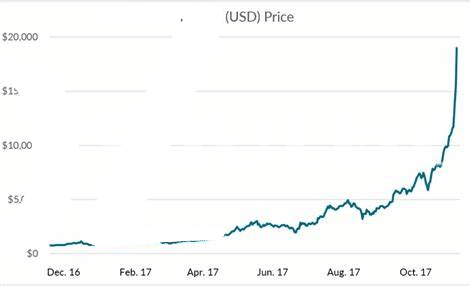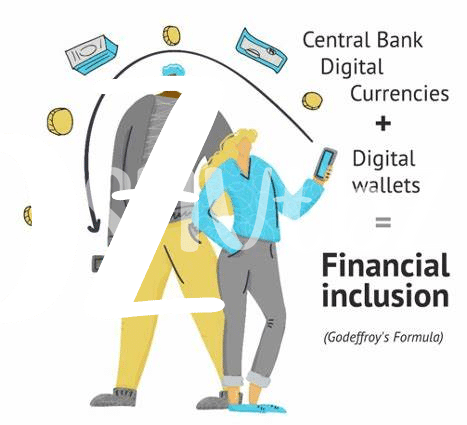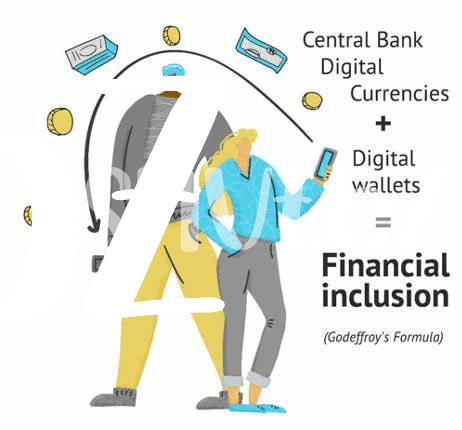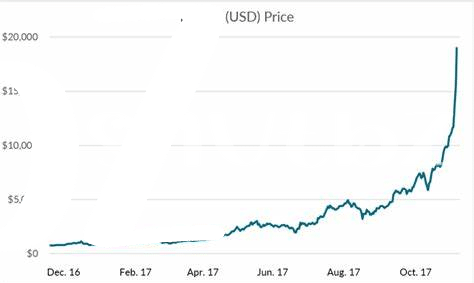🌍 Breaking down Big Words: Bitcoin Simplified

Imagine a world where your money isn’t just a bunch of numbers in a bank’s computer but is instead a kind of digital gold that you can send to anyone, anywhere, without asking permission from a bank or government. That’s what Bitcoin is all about. It’s like having your very own digital treasure chest that no one but you holds the key to. Unlike traditional money, which governments and banks control, Bitcoin operates on a network of computers around the globe. This means it’s not just for buying things online but also a new way for people to think about and use money. Let’s break down how it all works using a simple table:
| Term | Explanation |
|---|---|
| Blockchain | A digital ledger that records all Bitcoin transactions, like a giant, transparent, and secure notebook. |
| Bitcoin Mining | The process of using computer power to secure the Bitcoin network and create new Bitcoins, a bit like digital gold mining. |
| Wallet | The digital equivalent of a physical wallet, where your Bitcoins are stored. |
By using this new kind of money, people everywhere are gaining the freedom to manage their finances without relying on banks and traditional financial systems. This is the heart of Bitcoin – putting the power back into the hands of the people.
🏦 How Bitcoin Challenges Traditional Banks
Imagine a world where you don’t have to walk into a physical bank, stand in long lines, or fill out piles of paperwork just to send money to a friend in another country. This is the promise Bitcoin brings to the financial table, striking at the very heart of traditional banking. Before Bitcoin, sending money across borders was a lengthy and expensive process, often involving multiple banks and a hefty fee. Now, Bitcoin offers a direct peer-to-peer transaction system. It’s like sending an email; the message goes straight from sender to recipient, without needing to pass through a post office first. This simplicity and efficiency challenge banks’ role as the middlemen in financial transactions, potentially changing how we think about and handle money forever.
Furthermore, Bitcoin democratizes financial services. It doesn’t care where you live, how much money you make, or what your credit score is. If you have an internet connection, you’re in. This accessibility is a game-changer for the billions of people worldwide who are unbanked or underbanked, offering them a ticket to the global economy. By trimming down the gatekeepers and welcoming everyone to participate, Bitcoin could rewrite the rules of financial engagement. For a deeper dive into how these shifts might affect more traditional sectors of the economy, especially as we approach 2024, consider peeking at https://wikicrypto.news/from-obscurity-to-mainstream-the-bitcoin-price-journey, which sheds light on other facets of Bitcoin’s journey from obscurity to mainstream.
💡 Bitcoin: Power to the People, Not the Banks

In the bustling world of finance, Bitcoin stands as a beacon of hope for many, a digital currency that hands the reins of economic power back to everyday people. 🌍 Traditionally, banks have held tight control over our money, deciding who can borrow, save, or even access financial services. This often leaves out a vast number of people, especially those in less privileged parts of the globe. ✨ Enter Bitcoin—a game-changer that says “no” to gatekeepers. 🚀 It works on a smart system that lets anyone with internet access join in, no hefty fees or complex paperwork needed. This means, whether you’re a baker in a small town or a software developer in a bustling city, you have the same access and opportunities as anyone else. It’s not just about making payments easier; it’s a step towards financial equality, giving people more control over their money and their future. With Bitcoin, it feels like the financial world is becoming a bit more democratic, one transaction at a time.
🌐 from Local to Global: Bitcoin’s Wide Reach

Imagine a world where your money doesn’t need a passport to cross borders, where sending cash is as easy as sending a text message. That’s the world Bitcoin is creating. This digital currency doesn’t care where you live or who you are; it’s as global as the internet itself. With Bitcoin, people from New York to Nairobi can interact financially without middlemen, expensive fees, or delays. This shift from local banks to a global digital wallet has the potential to connect communities and empower individuals like never before. Plus, for those curious about the complex and often debated aspects of this digital revolution, such as its environmental impact, there’s plenty of insightful analysis available. For instance, you can delve deeper into some of the controversies surrounding bitcoin explained in 2024. As we look towards 2024, Bitcoin’s promise to make finance truly global isn’t just a dream; it’s becoming a reality, one transaction at a time.
🛠 the Nuts and Bolts: How Bitcoin Works
Imagine sending a letter in the old days. You’d write it, seal it, then hand it over to a postman, trusting it will find its way to a friend across the ocean. Now, think of Bitcoin as sending an electronic letter, but instead of words, you’re sending digital cash. It travels across a vast network of computers, each acting like little post offices, making sure your money reaches its destination safely. This network is like a bustling city where everyone helps move messages along, with no single boss in charge.
To understand how these ‘electronic letters’ travel, let’s peek into the toolbox. Bitcoin uses something called blockchain. Imagine a chain where each link holds information about a transaction, like a diary entry, but super secure. Once written, it can’t be erased or altered, ensuring everyone plays fair. Here’s a simple look at this process:
| Step | Description |
|---|---|
| 1. Transaction Made | Person A sends Bitcoin to Person B. |
| 2. Broadcasted to Network | This transaction is announced to everyone in the network. |
| 3. Verification | Computers (miners) check the transaction’s validity. |
| 4. Added to Blockchain | Once verified, it’s added to the blockchain, finalizing the transfer. |
This ingenious setup keeps your money safe and makes it practically impossible for bad guys to mess with the system. Through this digital ledger, Bitcoin crafts a new kind of financial independence, teaching the world it’s possible to exchange value, quickly and securely, without the need for big banks to supervise the process.
🚀 Future Predictions: Bitcoin Shaping Finance in 2024

As we gaze into the crystal ball of 2024, envision a world where Bitcoin continues to redefine the nuts and bolts of financial interactions, planting its flag firmly within the global economic landscape. The narrative goes beyond just an increase in its value or acceptance. It’s about how Bitcoin paves the way for a financial revolution, giving power back to people across various corners of the globe. Think of it as not just a challenge but a transformative force in how we perceive, use, and save our money. With its decentralized nature, Bitcoin is writing a new chapter where financial inclusivity and freedom aren’t just aspirations but reality for many.
This shift, however, sparks a conversation around its impact on our planet. The energy consumption of Bitcoin mining has been a hot topic, stirring debates and demanding innovative solutions. For a deeper dive into the history of bitcoin prices and what drives changes in 2024, one finds a blend of optimism and caution. This journey is not just about financial gains but ensuring that as Bitcoin scales new heights, it does so by embracing greener methods. The year 2024 could be the turning point where Bitcoin not only shapes our financial systems but also leads by example in environmental stewardship, marking a pivotal chapter in both economic and ecological narratives.
